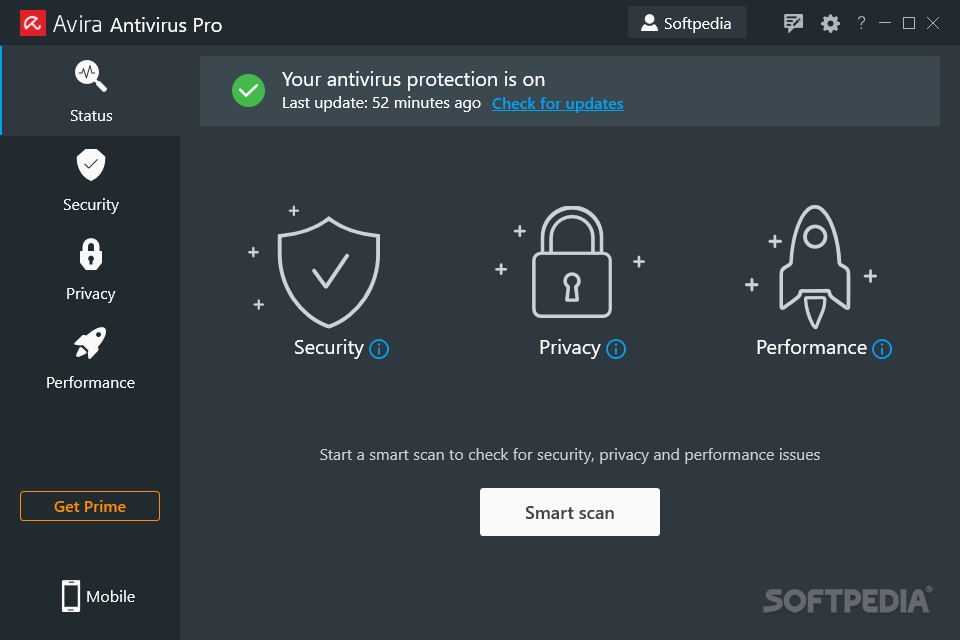

Here, Have I been pwned? (HIBP) is your friend – just enter your email into the search box and it will tell you if any accounts linked to the address have been subject to a breach.īetter still, the site – which is run by respected security researcher Troy Hunt – now also features a ‘Pwned Passwords’ checker.
Scanguard vs avg free#
If you’re reading this and your bum is squeakier than when your team concedes an injury time free kick on the edge of the box, it might be time to check if you’ve already been the victim of a data breach.
Scanguard vs avg how to#
How to check if your password has already been hacked

What happens if driverless cars kill? Watch our video guide to find out! Related: How to secure your home network from hackers The discrepancy underlines that password strength checkers aren’t 100% reliable, but they are a starting point if you’re looking to get serious about your online security. I entered the same phrase into both tools, with Kaspersky’s informing me that a brute-force attack on my computer would crack my password in just 15 seconds – HSIMP had the figure at four days. Of the two, Secure Password Checker is definitely the more paranoid. While neither checker is bulletproof – both sites state that they are purely for educational purposes – they do give you a rough idea of how tough your password is to hack. Two that standout in particular are Kaspersky Lab’s Secure Password Checker, and How Secure Is My Password? (HSIMP), which is backed by popular password manager Dashlane.
Scanguard vs avg for free#
Password Hacking: How to check if your password is safeĭevising a secure password isn’t as easy as it sounds, but fortunately, there are a number of decent password strength checking tools available for free online.

Without further ado, let’s take a look at the easiest way to check your password strength and see if you’ve been hacked, as a rather useful new tool has just entered the wild. One study, by password manager Keeper, shows that many of us are still using rudimentary phrases to safeguard our accounts, with nearly 17% of people still relying on the infamous ‘123456’ – equivalent to wearing Swiss cheese as a condom.Ī handful of seemingly more complex combos appear on the list, but Keeper notes that these too are vulnerable, as they’re based on predictable keystroke patterns. Our digital selves are more vulnerable than ever in 2017, yet we’re often our own worst enemy – especially when it comes to the strength of our passwords. Scarcely a day goes by without some kind of online security brouhaha hitting the headlines. Is my password safe? Our guide explains how to check your password strength and protect yourself against the latest hacks.


 0 kommentar(er)
0 kommentar(er)
